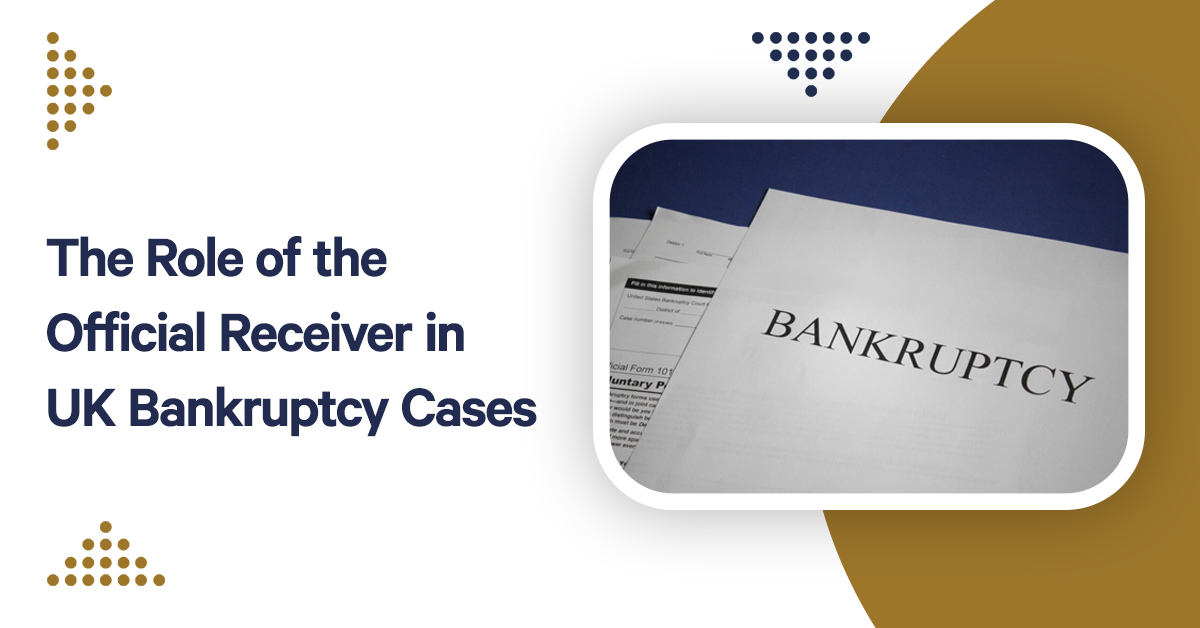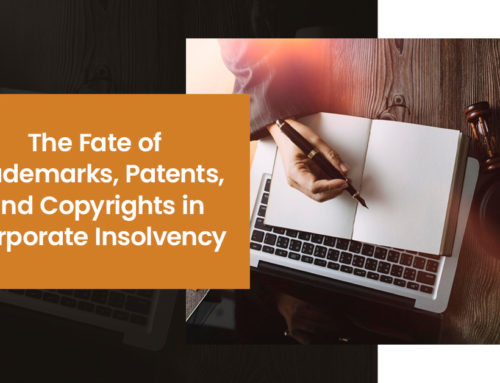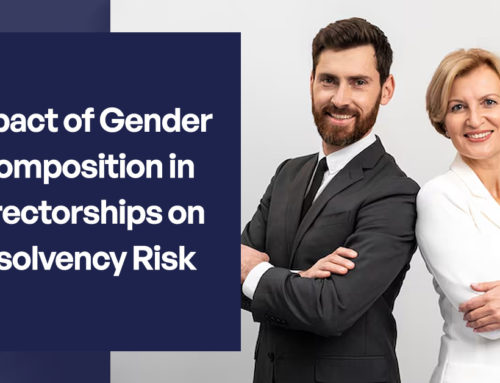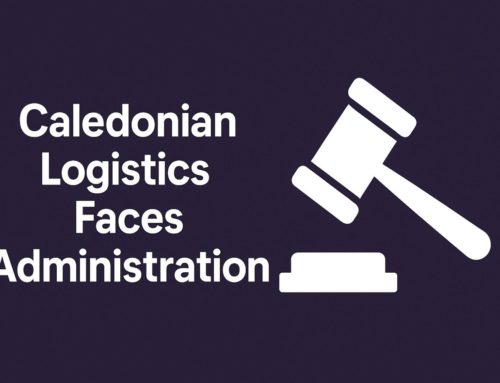When an individual or business declares bankruptcy in the UK, the role of the Official Receiver becomes crucial. As a fundamental part of the insolvency process, the Official Receiver in UK bankruptcy cases ensures that the proceedings are carried out fairly and within the legal framework set by the Insolvency Act 1986. This blog post explores what bankruptcy is, the duties, powers, and the significant impact the Official Receiver has in managing and concluding bankruptcy cases.
What is Bankruptcy?
Bankruptcy in the UK is a legal process designed for individuals or businesses unable to repay their debts. It provides a structured means for dealing with insolvency when other debt management solutions are inadequate. Once declared bankrupt, control of the debtor’s financial assets is handed over to an Official Receiver, or a licensed insolvency practitioner, who liquidates available assets to repay creditors. The process aims to fairly distribute the proceeds and provide relief to the debtor, typically resulting in most debts being written off after a year. Bankruptcy is a public matter, and although it offers a fresh start, it can have long-lasting financial and personal impacts.
Understanding the Official Receiver’s Role
The Official Receiver (OR) is a civil servant appointed by the Insolvency Service and acts as an officer of the court. Their primary role kicks in immediately after a bankruptcy order has been made against a debtor. The OR’s initial responsibilities include collecting and protecting the assets of the bankrupt estate and investigating the causes of bankruptcy. This thorough investigation helps determine whether any wrongful or fraudulent actions by the bankrupt party contributed to the financial failure.
One of the unique aspects of the Official Receiver in UK bankruptcy cases is their dual role. Not only do they act as the trustee and manager of the bankrupt’s estate, but they are also responsible for examining the conduct and affairs of the bankrupt in the period leading up to the insolvency. This examination can include interviewing the bankrupt, reviewing financial documents, and liaising with creditors.
Asset Management and Distribution
The OR plays a pivotal role in managing the assets of the bankrupt. They must ensure that all assets are accurately valued and sold for a reasonable price. The proceeds from these sales are then distributed to creditors according to a statutory order of priority. This task requires a keen eye for value and a fair approach to ensure that all creditors are treated equitably.
Apart from handling tangible assets, the Official Receiver also has the authority to overturn certain transactions made before the bankruptcy. These can include preferential payments to specific creditors or transactions at undervalue, which might have been made to avoid paying fair shares to all creditors. Such powers ensure that the distribution of assets is as fair and as equitable as possible under the circumstances.
Support and Guidance for the Bankrupt
While the role of the Official Receiver in UK bankruptcy cases often involves rigorous investigation and asset management, it also includes providing guidance and support to the bankrupt. The OR informs the bankrupt of their duties and the restrictions imposed upon them during the bankruptcy. This guidance is vital for ensuring that the bankrupt understands the process and what is expected of them, which can be particularly daunting without the right support.
The OR also plays an essential role in the discharge process. Generally, bankruptcy lasts for 12 months, after which the bankrupt is usually discharged. The Official Receiver’s duties include reviewing the bankrupt’s behaviour and cooperation during the bankruptcy and reporting any non-compliance to the court.
Interaction with Creditors
Creditors rely on the Official Receiver to manage the bankruptcy process efficiently. The OR must keep creditors informed about the progress of the bankruptcy, the realization of assets, and any relevant developments. Regular updates and a transparent approach help maintain trust and ensure that the process runs smoothly.
Creditors can also submit their claims to the OR, who is responsible for adjudicating these claims and deciding the legitimacy and value of each. This role is crucial in maintaining a fair and orderly distribution of assets.
Challenges and Responsibilities
The role of the Official Receiver in UK bankruptcy cases is not without its challenges. They must balance the interests of all parties involved, including the bankrupt, creditors, and other stakeholders. The OR must navigate complex financial situations, make judgment calls on asset distribution, and handle sensitive information with confidentiality and integrity.
Moreover, the OR is responsible for making decisions that can be subject to scrutiny and appeal. Their actions and decisions must be meticulously documented and legally defensible, given that they can significantly impact the lives and businesses of those involved.
Ensuring Fairness and Transparency
The role of the Official Receiver in UK bankruptcy cases is indispensable. From asset management and creditor liaison to guiding and supporting the bankrupt, the OR ensures that the bankruptcy process is conducted transparently, fairly, and in accordance with the law. By effectively managing these responsibilities, the Official Receiver helps uphold the integrity of the bankruptcy system and ensures that all parties receive a fair resolution to often complex and distressing situations.
Understanding the complexities and the crucial role of the Official Receiver can provide reassurance to those facing financial difficulties. Whether you’re a business owner in distress, a creditor, or an individual considering bankruptcy, knowing that there is a system in place to manage the process fairly and equitably is crucial. For anyone navigating through bankruptcy, engaging with the Official Receiver’s office with honesty and cooperation is key to achieving a fresh financial start.
Here to Help
Are you navigating bankruptcy or financial uncertainty? Contact our expert team for guidance and support. There are lots of ways you can reach out to our team – visit our offices, chat online, call, email, or submit a message form to connect with us today.
Let us help you understand your options and help to ensure a fair and transparent process. Reach out today for a consultation and take the first step towards a fresh start.






